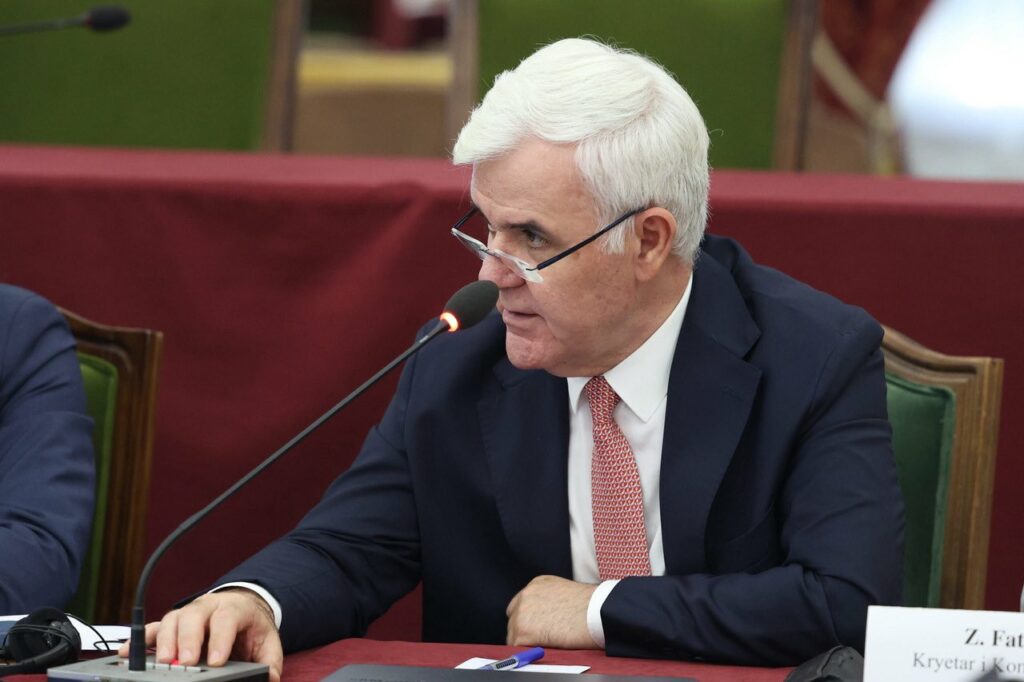Special Anti-Corruption Commission delivers two landmark governance reports

Fourteen months after its launch by the parliamentary majority, the Special Anti-Corruption Commission has wrapped up its work, submitting two foundational documents to Parliament. The reports address a range of governance challenges and set out action points to tackle three key issues: good governance, anti-corruption, and rule of law.
Why is this important: The commission was tasked with overhauling legislation across all pillars of government to support Albania’s EU accession talks. Although the opposition boycotted, fearing interference with judicial independence, the “Consolidation of Justice Reform”—the commission’s flagship objective—was deferred to the next legislature. The new parliament will prioritize reviewing these reforms in its first session.
Context: In a press conference, Commission Chair Fatmir Xhafaj said the panel met its goals despite a tight 14-month mandate interrupted by elections. He suggested this model could apply to future reform efforts, echoing persistent EU Progress Report recommendations. The commission engaged 119 national and international experts.
The Analytical Document spans 709 pages across 18 chapters. It offers for each topic a current-state overview and examines existing legal and institutional measures. Experts reviewed over 15,000 pages of source material, analyses, and reports.
The National Action Plan outlines 238 concrete measures—78 legislative initiatives and 160 institutional actions—organized into 56 thematic areas. These steps are designed to guide Parliament’s role in steering Albania’s EU negotiations toward the 2030 membership target.
Next steps: Parliament will debate and endorse both documents at the start of its new term, establishing a permanent parliamentary subcommittee or institutional mechanism to oversee implementation. Lawmakers are expected to integrate the commission’s recommendations into the legislative agenda and monitor progress alongside EU benchmarks.


